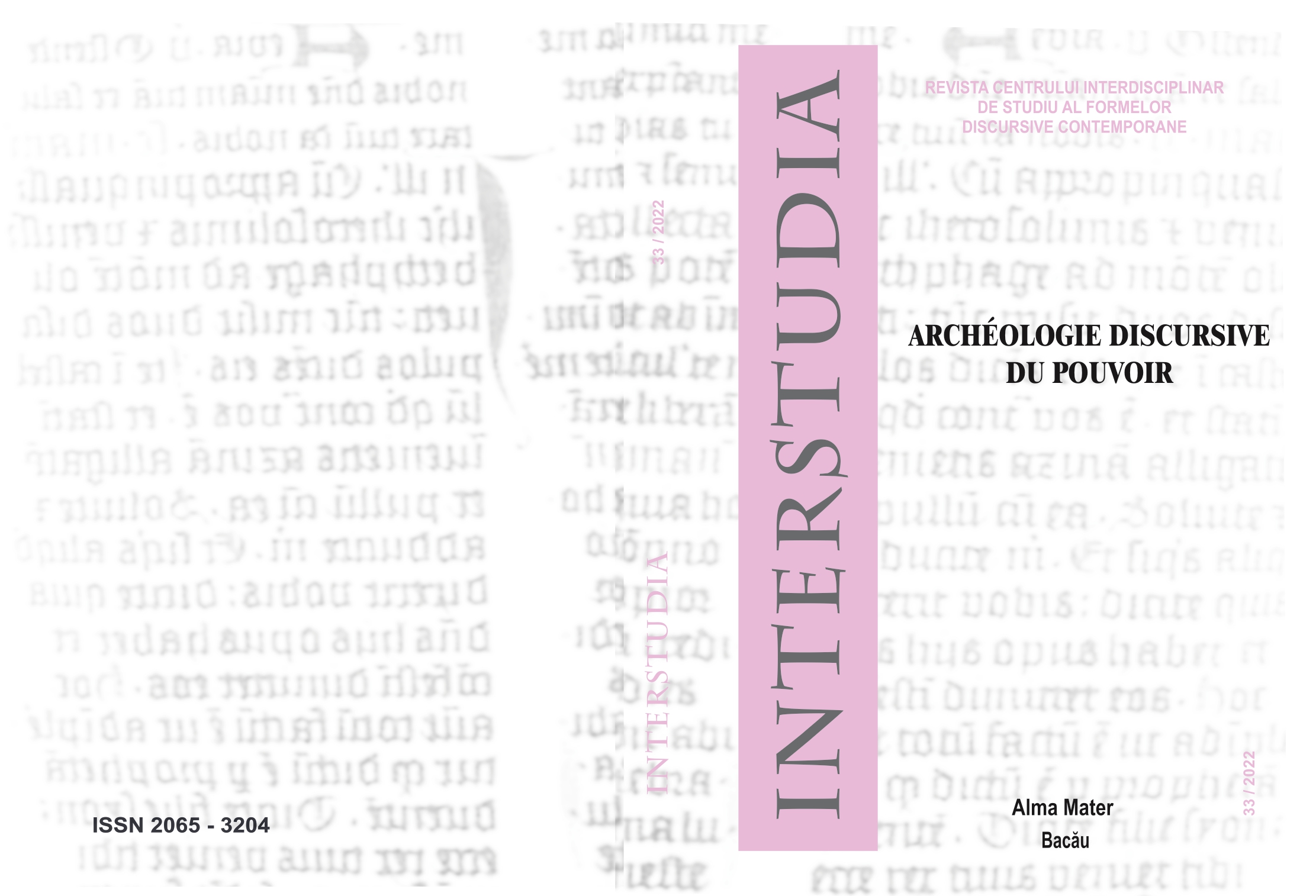L’IRONIE DANS LE DISCOURS POPULISTE AU MAROC
IRONY IN THE POPULIST DISCOURSE IN MOROCCO
Author(s): Mostafa LaghziouiSubject(s): Politics / Political Sciences, Political Theory, Pragmatics, Political behavior, Politics and communication
Published by: Editura Alma Mater
Keywords: polyphony; populist discourse; irony; enunciation;
Summary/Abstract: Using enunciative polyphony as a methodological framework, this paper will focus on irony in the populist discourse in Morocco. This discourse presents itself as a language form with specific features: it is polemical, strewn with pathos, scandalous and violent. It deals with ridiculing the adversary, scrutinizing his faults, his imperfections and making him a subject of laughter. In the corpus that we have collected (a corpus made up of oral speeches by Moroccan political party leaders uttered in various contexts), we have come across several forms of aggressiveness: direct, explicit attacks, such as insults, and others more subtle, implicit, which can be guessed through implications and presuppositions like irony. In the analysis that we intend to present, irony will certainly be treated as a linguistic device consisting in saying the opposite of what one thinks or of what one wants to make think, as put forward: Fontanier 1977, Dumarsais, 1967, Henri Morier 1989, but moreover, it will be analyzed taking into account its polyphonic dimension as conceived by O. Ducrot. In his treatment of irony, Ducrot began by making a fundamental distinction between speaker and enunciator. Then, he focused his approach on the localization of linguistic processes manifesting the plurality of voices in the same utterance. In this sense, the single subject (in our case the populist speaker-enunciator) who says I may not be responsible for what he utters. It is a game of voice, which this work will reveal, which can be disputed, confronted, diverged and converged in the same statement. Moreover, the saying and the said indeed embodies this relationship between the saying referring to the enunciation by the speaker of a message for which he is responsible, and the said referring to what is not directly taken care of by the speaker, but only communicated through utterance.
- Issue Year: 2022
- Issue No: 33
- Page Range: 54-62
- Page Count: 9
- Language: French
- Content File-PDF

